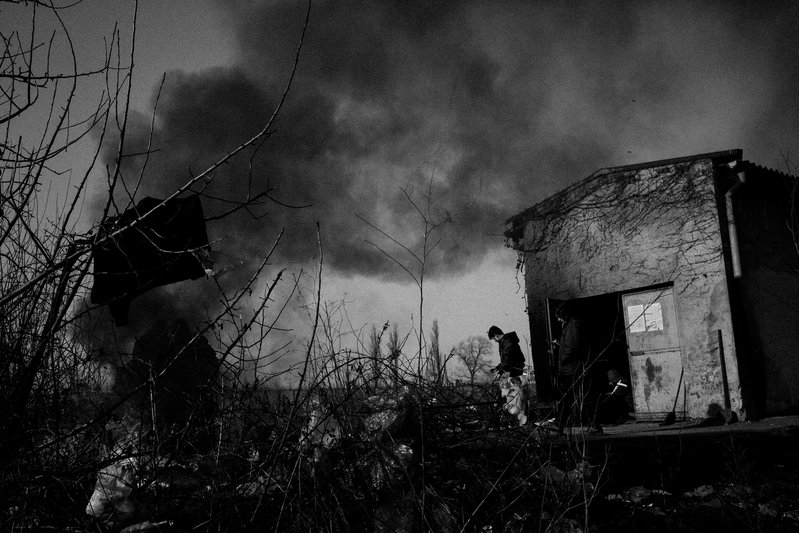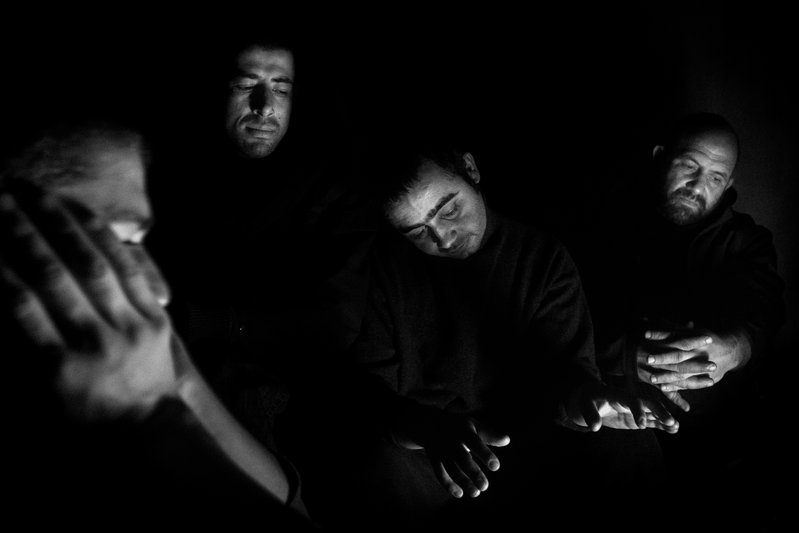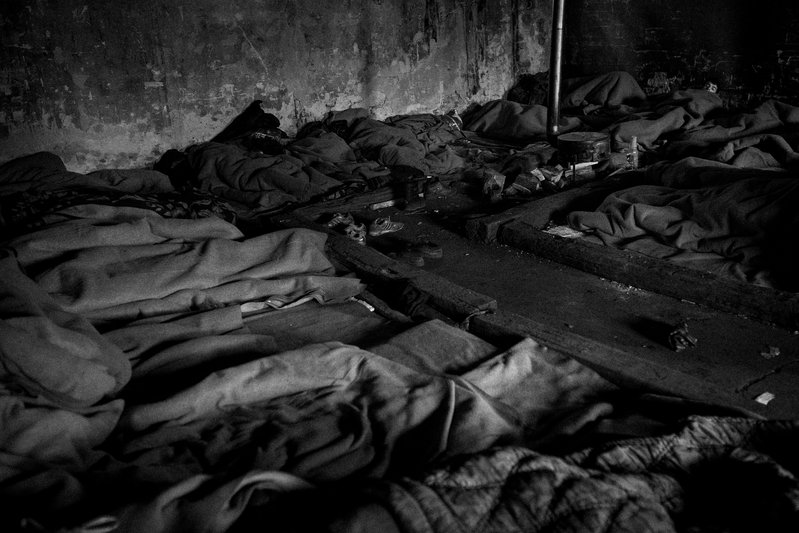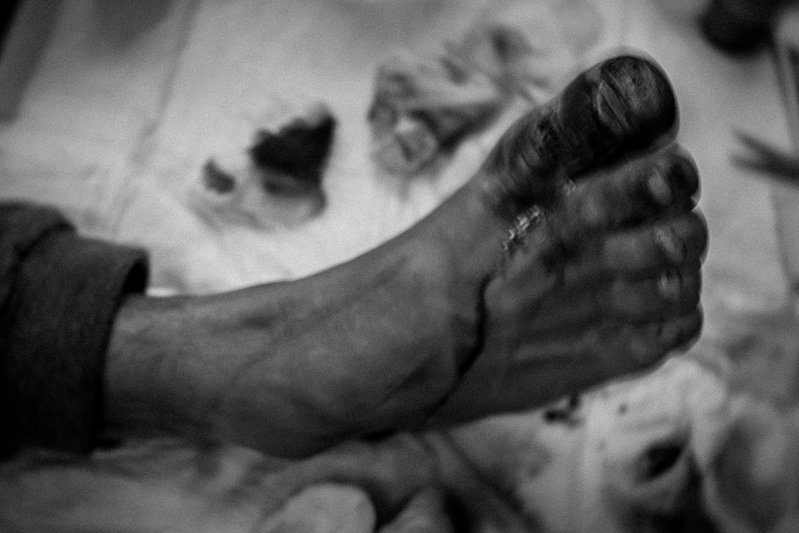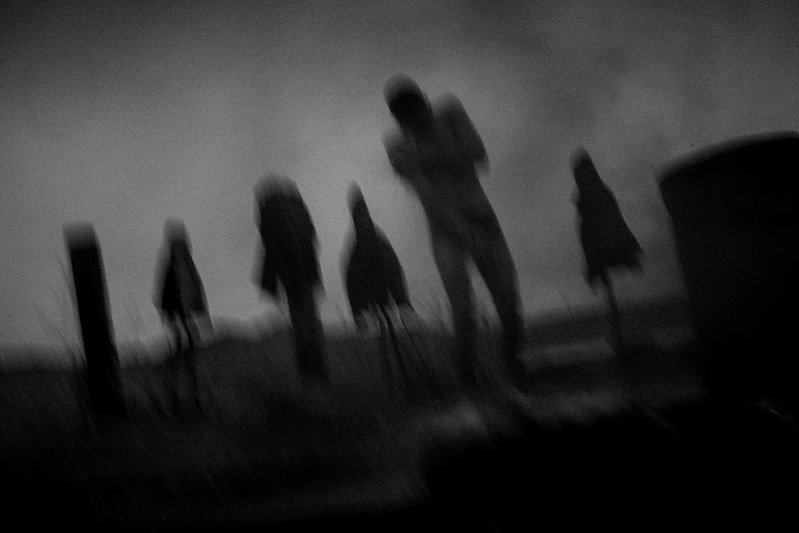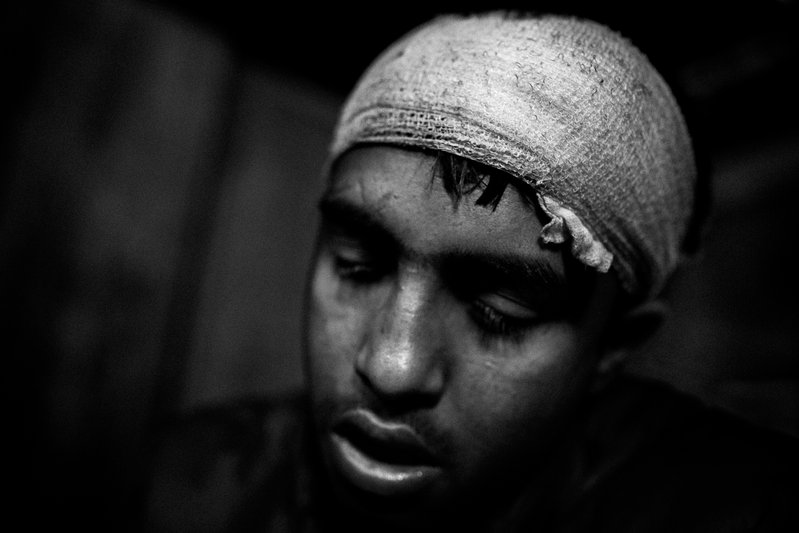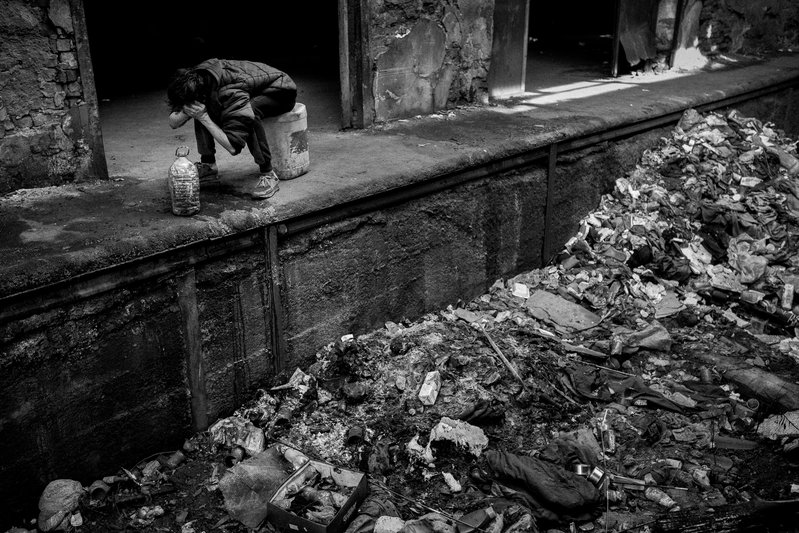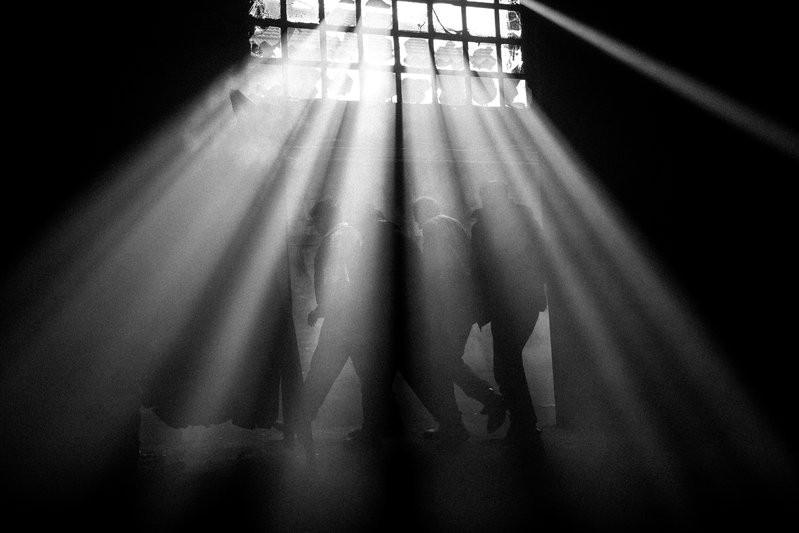CPOY 72 International Picture Story Silver: Stuck at Belgrade Station
About 1,000 refugees and migrants sleep in abandoned warehouses, train wagons and shacks behind the central train station in Serbia’s capital, Belgrade. Heaps of garbage and feces pile up next to the blankets that have been their home for the past months. Almost all of them are boys and young men from conflict-torn parts of Afghanistan and Pakistan. To keep warm, they make fires out of garbage and railway sleepers and the air is filled with toxic smoke around the train station. The borders to Hungary and Croatia are closed, so the refugees are stranded at the doorstep of the European Union. Some have tried to cross the border as many as 20 times, but they are usually caught by police, beaten and sent back to Belgrade. Meanwhile, the dream of immigrating farther into Europe gradually fades away. Hungary is about to build another fence and isn’t intensifying their border controls. Serbia has gone from being a transit point on the Balkan route to becoming a terminal one. Belgrade’s railway station has become an unintended destination.



